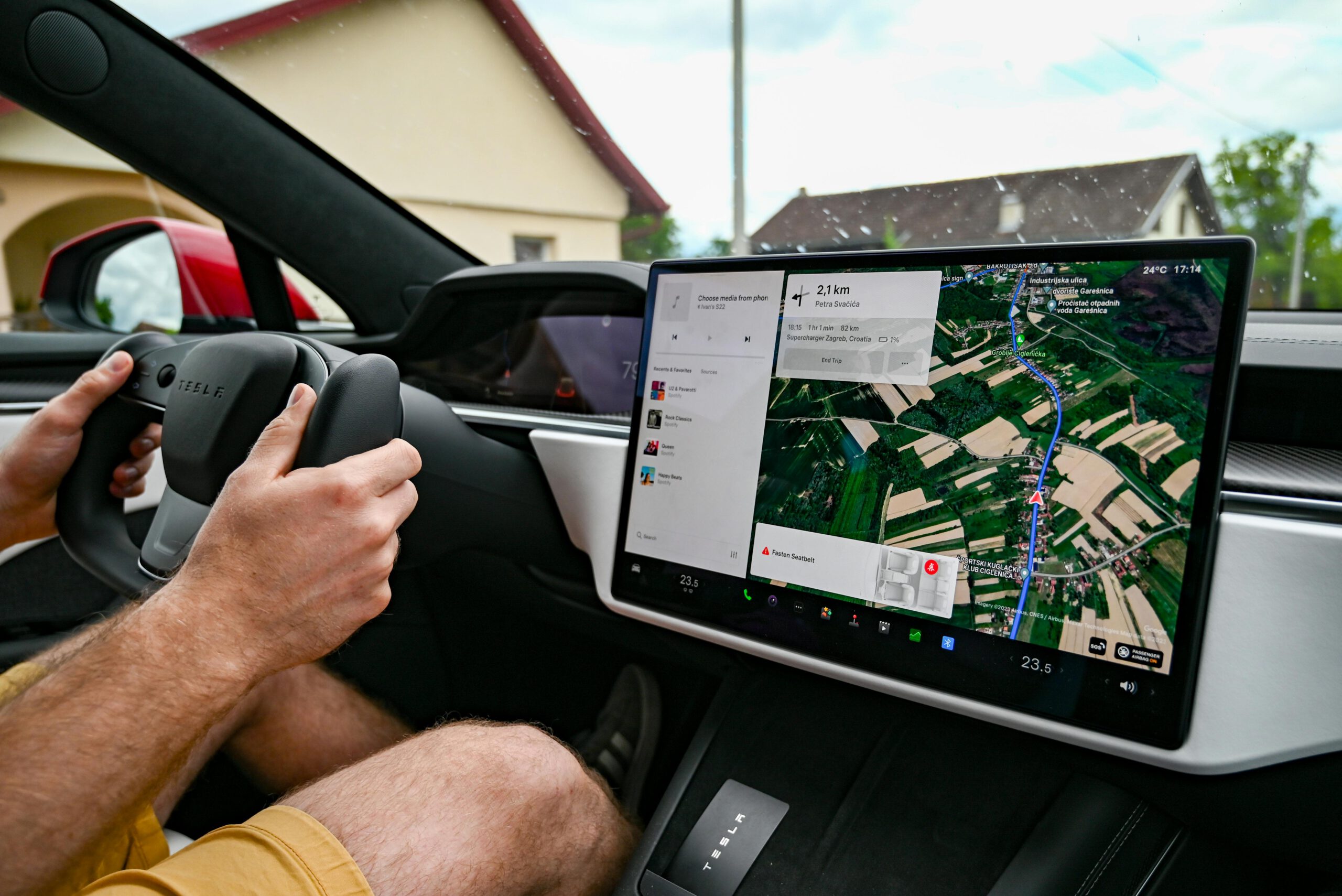Electric vehicles (EVs) are rapidly evolving, but not all models are created equal. Some have fallen short of expectations, leading to recalls and disappointing performance. This article highlights the nine worst electric cars currently on the market, helping you make informed decisions when considering an EV.
9. Chevrolet Bolt EUV
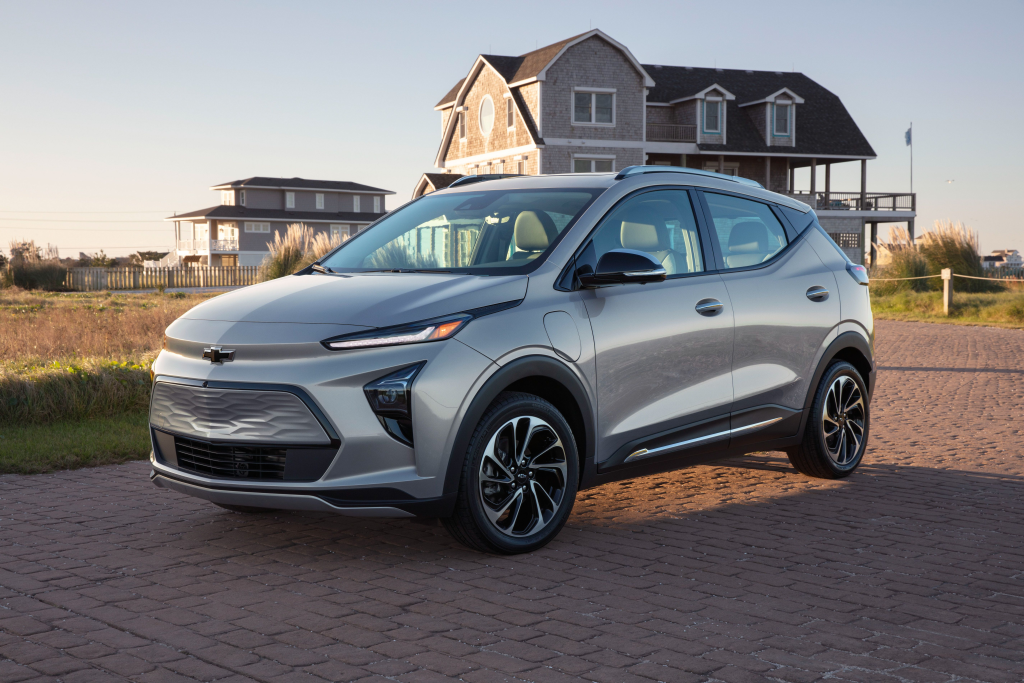
The Chevrolet Bolt EUV is priced about $2,000 more than the standard Bolt, which raises questions about its value. Targeting buyers looking for an electric SUV, it fails to deliver a compelling reason to choose it over the regular Bolt. As of September, both models are under a significant recall due to a fire risk, affecting around 141,000 vehicles. General Motors is replacing the battery packs, but this raises concerns about the reliability of the vehicle.
Additionally, the new version of the Bolt EUV comes with improved battery packs and software, but the damage to its reputation may linger. With safety issues and a questionable price point, this model is one to avoid.
8. Fiat 500e
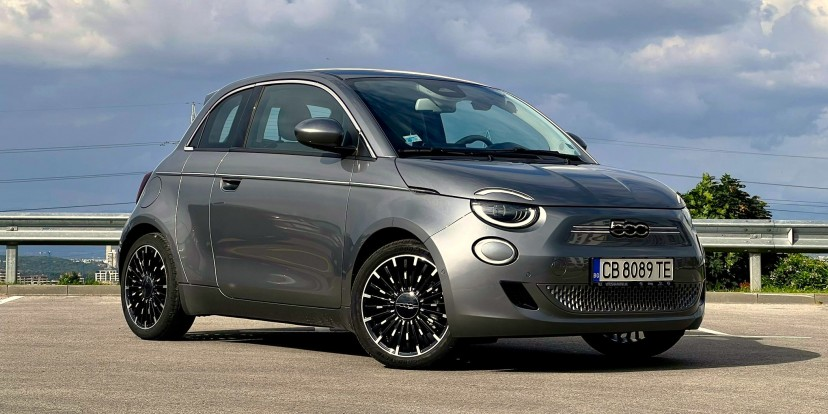
The Fiat 500e is based on an aging platform, which limits its appeal. Although Fiat managed to adapt this model into an EV, it has already been discontinued in the North American market. While it may still be available in other regions, its range of just under 90 miles makes it impractical for anything beyond city driving. This model is best suited for urban environments, but for those needing a versatile vehicle, it falls short.
Moreover, the limited range and outdated design make the Fiat 500e a poor choice for anyone looking for a reliable electric vehicle. If you’re considering an EV, it’s wise to look elsewhere.
7. Mini Cooper SE

The Mini Cooper SE shares a similar fate with the Fiat 500e, as its range is only 114 miles. This limitation confines it to city driving, making it difficult to justify as a primary vehicle. While the aesthetics of the Mini Cooper may attract buyers, the lack of range and practicality is a significant drawback.
For those who appreciate the Mini brand, the Cooper SE can serve as a fun short-distance commuter. However, if you need a vehicle for longer trips or daily errands, this model may not meet your needs.
6. BMW i3
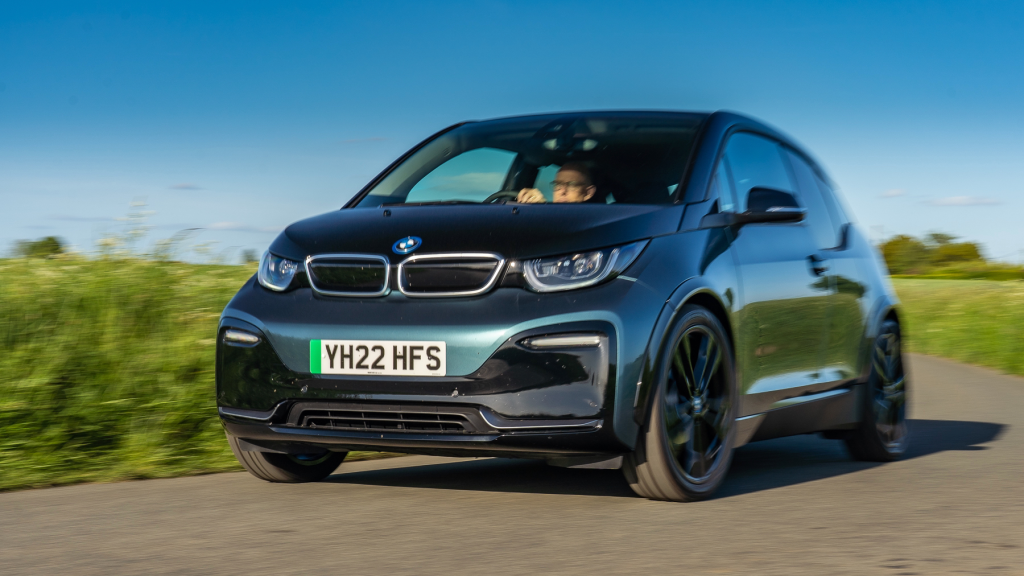
The BMW i3 has been around for nearly a decade and is now considered outdated. It has already been removed from the North American market, signaling that it has reached the end of its lifecycle. While it was an ambitious first effort by BMW, the limited range and performance issues have tarnished its reputation.
As a vehicle that was once seen as innovative, the i3 now feels like a relic. If you’re in the market for an electric vehicle, it’s best to steer clear of this one and look for more modern alternatives.
5. Nissan Leaf
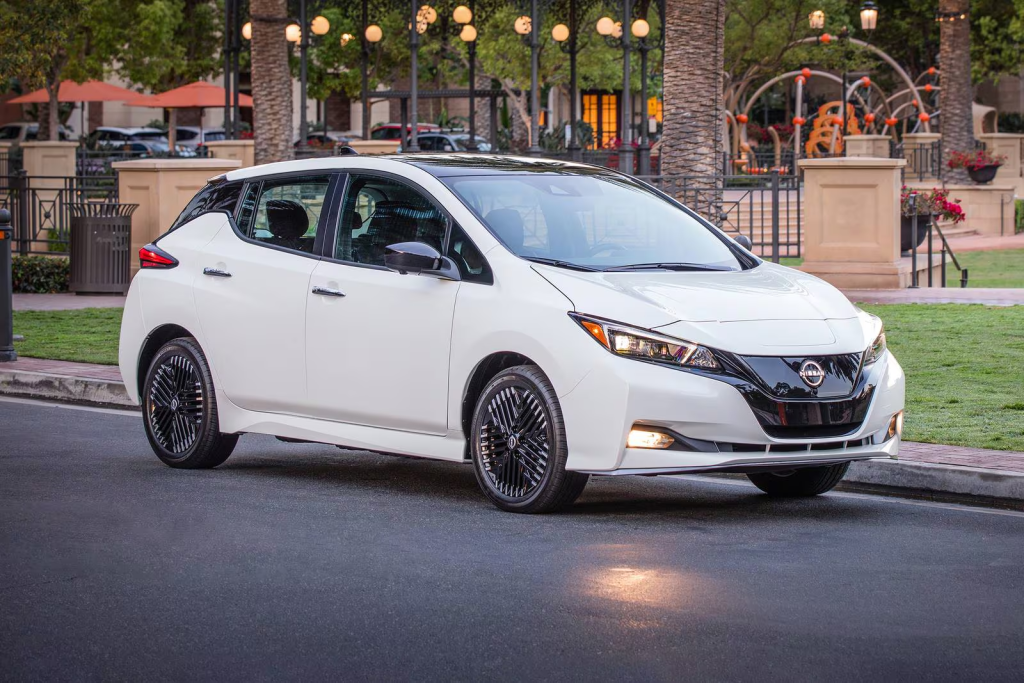
The Nissan Leaf has long been a staple in the electric vehicle market, but it has its share of drawbacks. While its starting price is appealing, the limited 40-kilowatt battery pack is a significant downside. For those who want more range, the 60-kilowatt battery comes at a higher cost, which may not justify the performance.
Additionally, the Leaf is one of the slowest modern EVs, often feeling more like an appliance than a car. If you’re looking for an engaging driving experience, the Leaf may not be the right choice for you.
4. Mazda MX-30
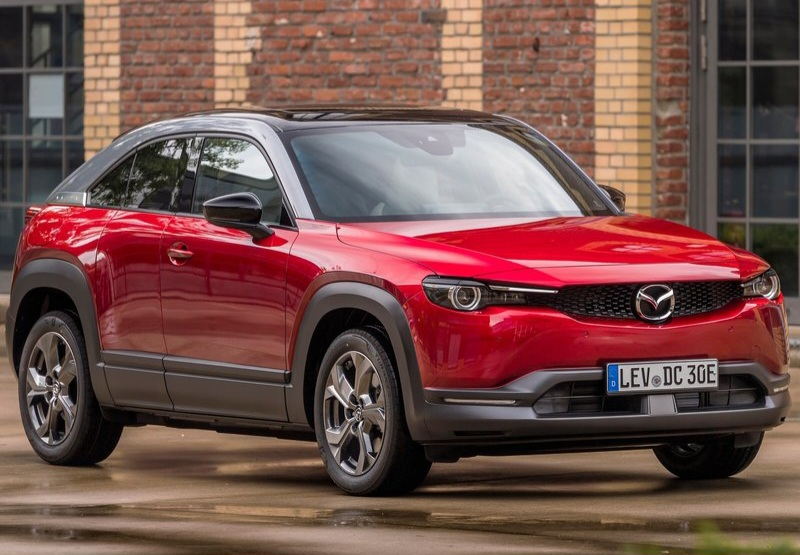
Mazda’s MX-30 is their first attempt at an electric vehicle, and it shows. With a disappointing range of just 100 miles, it struggles to compete with other models on the market. While the styling is appealing, it cannot mask the limitations of this vehicle.
Mazda has focused on perfecting their gas engines, but this EV feels like a learning experience rather than a finished product. If you’re considering an electric vehicle, the MX-30 may not be the best option.
3. Hyundai Kona Electric
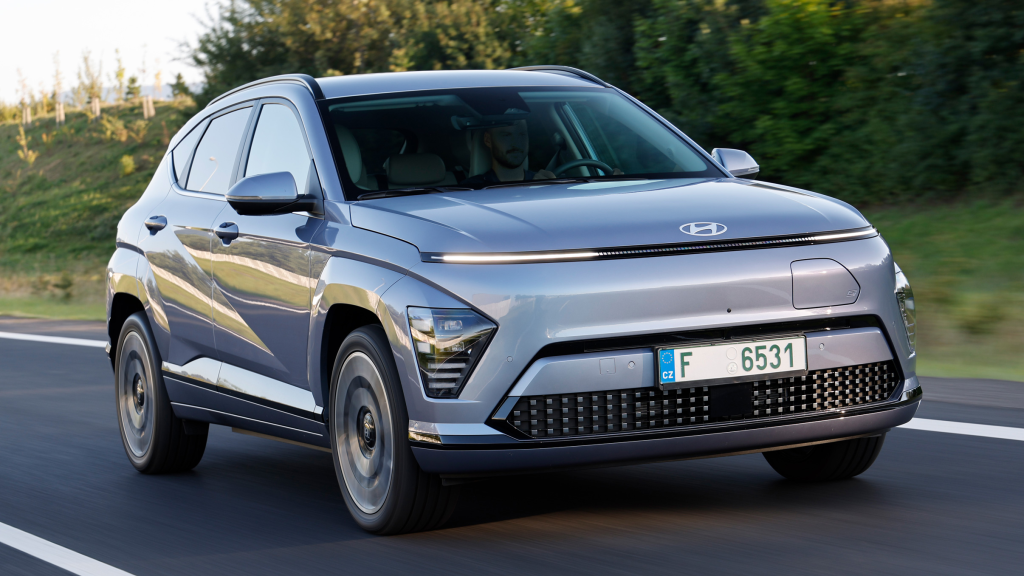
The Hyundai Kona Electric has been a popular choice, but it has faced significant reliability issues. Despite the brand’s success in selling vehicles, the Kona Electric has proven to be problematic, particularly with its battery pack and management system. This raises concerns about the long-term viability of the model.
As Hyundai prepares to replace this platform, it’s clear that the Kona Electric is not living up to expectations. If you value reliability and performance, it’s advisable to look for alternatives.
2. Kia Niro
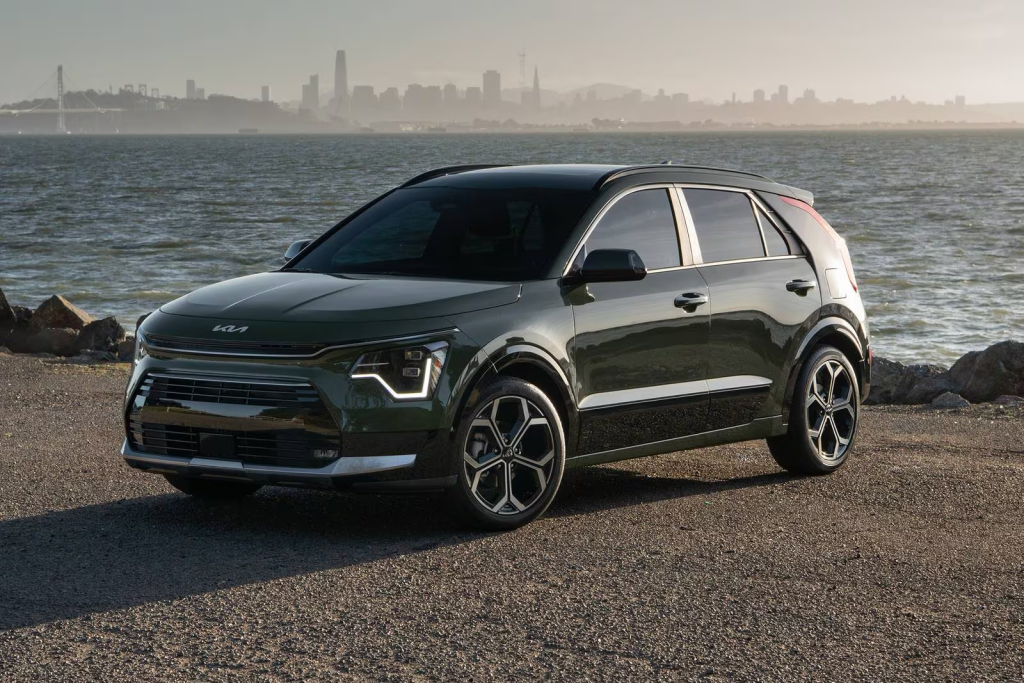
The Kia Niro is another vehicle that has garnered attention for the wrong reasons. While it has solid features, it suffers from a critical flaw: the electric motors are experiencing issues with their main bearings. Some vehicles have reported problems after just 10,000 miles, indicating a significant quality control issue.
This raises serious concerns about the long-term reliability of the Niro. If you’re considering this model, it may be wise to wait for improvements or look at other options.
1. Chang Li
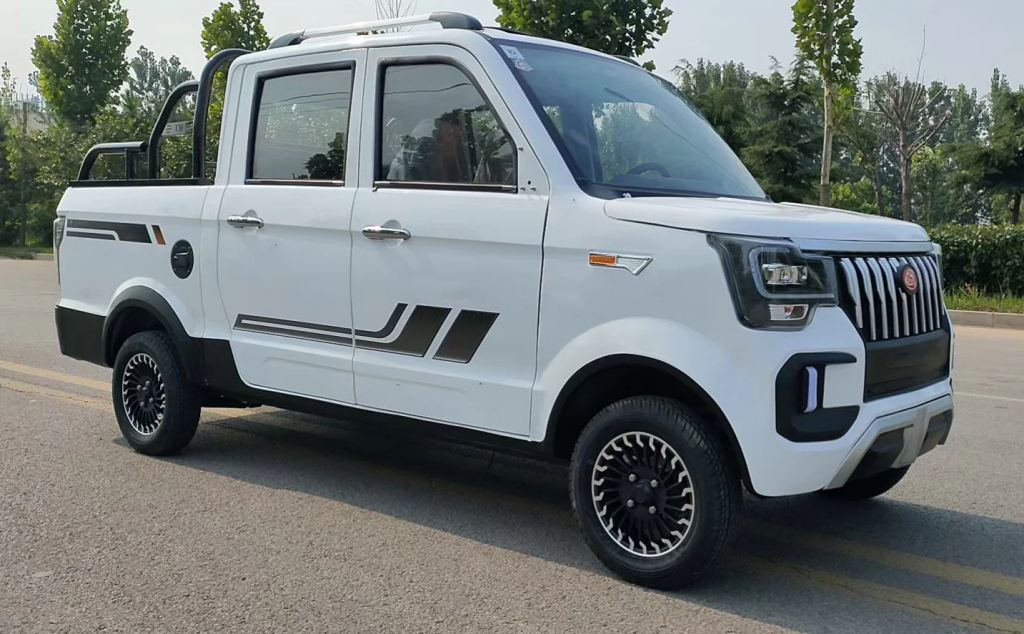
The Chang Li is a surprising entry on this list, as it represents a new wave of budget Chinese EVs. However, it is not designed for main roads and is considered unsafe for regular use. With limited range and questionable build quality, this vehicle should not be classified as a commuter car.
While it may serve a niche market, the Chang Li is not suitable for most drivers. If you’re looking for a reliable electric vehicle, it’s best to avoid this model altogether.









